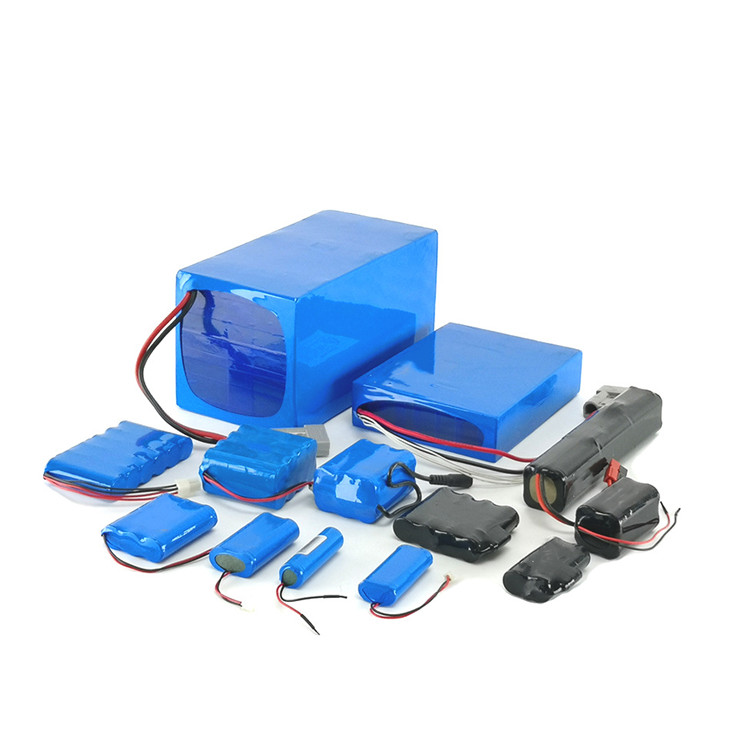La batteria progettata dall'intelligenza artificiale può ridurre il consumo di litio di 70%
Febbraio 17, 2024
Artificial intelligence (AI) can speed up the process of finding and testing new materials. Recentemente, Microsoft researchers used AI to design a new battery that significantly reduces dependence on the expensive mineral lithium.
Lithium-ion batteries power many of the devices we use every day, as well as electric vehicles. però, lithium is expensive and mining it can damage the environment. Finding alternatives to this critical metal is time-consuming, requiring researchers to develop and test millions of candidate materials over several years.
Adesso, using AI technology, Microsoft’s Nathan Baker and colleagues have completed this mammoth task in a few months. They designed and built a new type of battery that uses 70% less lithium.
Based on 23.6 million candidate materials, the researchers tweaked the structure of existing electrolytes to swap some lithium atoms for other elements. They then used AI algorithms to weed out materials that were unstable and had weak chemical reactions in the battery. The researchers also considered how each material would perform when used as a battery. In just a few days, they whittled down the list of candidate materials to a few hundred, some of which had never been studied before.
“I’m not a materials scientist,” Baker said, “so I called some experts who are working on large batteries to consult.”
Vijay Murugesan of the Pacific Northwest National Laboratory was one of the scientists who answered the call. He and his colleagues proposed some additional AI screening criteria. After multiple rounds of elimination, Murugesan’s team finally selected a material from the AI’s suggestions to synthesize in the lab. They used the material to create a working battery that was powerful enough to light a lightbulb, although it was less conductive than similar batteries that used more lithium.
Rafael Gómez Bombarelli of the Massachusetts Institute of Technology in the US, who was not involved in the project, said the team used AI to speed up and enhance calculations that physicists have been doing for decades, but the approach may still hit roadblocks in the future. He said the data needed to train an AI to find lithium alternatives is often sparse, but targeting materials other than battery components may require more complex combinations of elements.
Are you looking for customized batteries with individual specification for your devices?Si prega di contattare: sales@customizedbattery.com








 I saldi
I saldi I saldi
I saldi sales01
sales01
 Direttore delle vendite
Direttore delle vendite